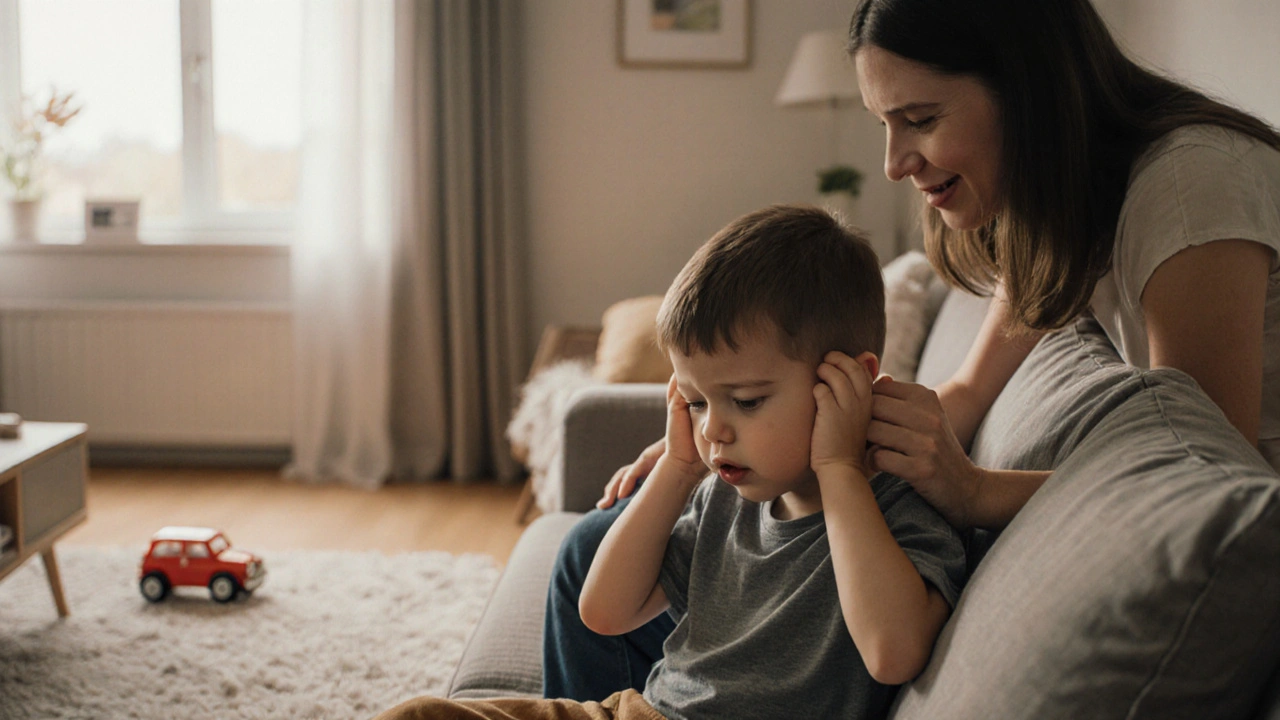Pediatric Vertigo: Causes, Signs, and What Works for Kids
When a child suddenly says they feel like the room is spinning, it’s not just imagination—it’s pediatric vertigo, a balance disorder in children caused by issues in the inner ear or brain pathways that control spatial orientation. Also known as childhood dizziness, it’s more common than most parents realize and often gets mistaken for ear infections or just being clumsy. Unlike adult vertigo, which often comes with hearing loss or ringing in the ears, kids might just refuse to walk, throw up, or stare blankly at the floor. They can’t always explain what’s wrong, so parents need to know the subtle signs.
Vestibular disorders, conditions affecting the inner ear’s balance system are the top cause of pediatric vertigo. Things like benign paroxysmal positional vertigo (BPPV), labyrinthitis, or even migraines can trigger it. In younger kids, it’s often linked to viral infections—like a cold or flu—that spread to the inner ear. Older children might experience it after head bumps or during growth spurts when their balance system is still developing. Child balance issues, problems with coordination and spatial awareness in children don’t always mean a neurological problem—they’re often temporary and treatable.
What makes pediatric vertigo tricky is that it doesn’t always look like spinning. A toddler might cry and cling to you. A school-age kid might complain of headaches or feel nauseous before class. Some kids just sit still, avoiding movement. The good news? Most cases resolve on their own with rest and time. But if it keeps coming back, or if your child has trouble walking, hearing changes, or seems confused, it’s time to check with a doctor. You don’t need to wait for an emergency—just pay attention to patterns. Keep a log: when it happens, how long it lasts, what they were doing before it started. That info helps doctors rule out serious causes like tumors or neurological conditions.
The treatments you’ll find in the posts below cover everything from simple home remedies that calm the inner ear to medical approaches backed by real studies. You’ll see how certain medications interact with kids’ developing systems, why some supplements help with balance, and what kind of physical therapy works best for young children. No fluff. No guesswork. Just clear, practical info from real cases and research.
Learn how to spot, diagnose, and treat Meniere's disease in children with practical tips, treatment options, and FAQs for families.
Oct, 12 2025

